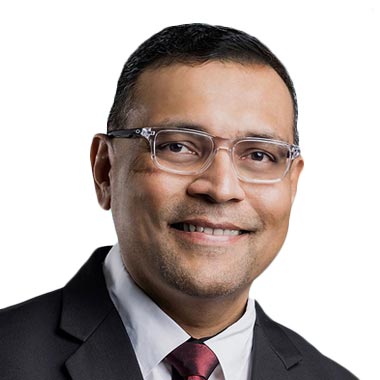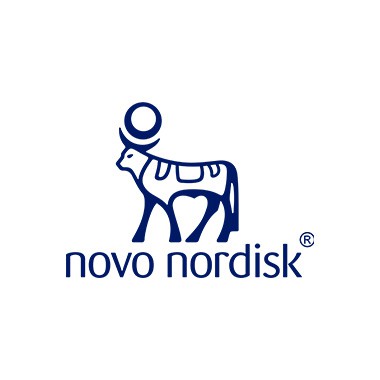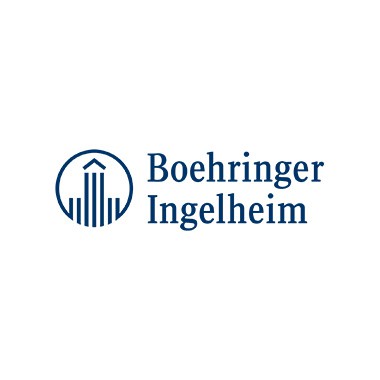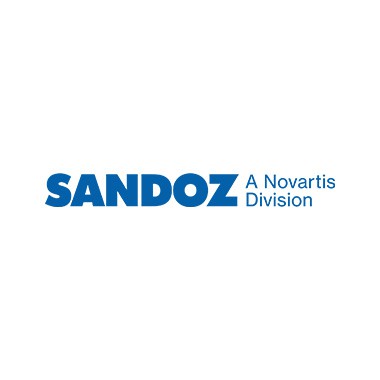

Plenary Session: What Is Person-Centred Care and Why Should We Care?

Prof Tai E Shyong
Senior Consultant, National University Hospital, Division of Endocrinology
Specialist in Endocrinology
MB ChB (UK), MRCP (UK)
Singapore’s healthcare system is undergoing dramatic changes with an increasing focus on preserving health rather than treating disease. Many systems talk about patient empowerment and getting patients to take responsibility for their own care. There is often an assumption that the reason patients do not do what they should be doing is because they are ill informed, or that they cannot remember. As such, many solutions proposed involve educating patients. Technology also provides ways to interact with the patient that allows us to nudge them into action. Lifestyle changes are prescribed the same way we prescribe medication. In this talk, I will explore the ways in which the healthcare system contributes to the dis-empowerment and disengagement and suggest ways that we can build long term trusting relationships with our patients to optimize their health.
Cardiometabolic Syndrome Updates In Polycystic Ovary Syndrome (PCOS)

Dr Tng Eng Loon
Consultant, Raffles Diabetes & Endocrine Centre
Specialist in Endocrinology
MBBS (SG), MRCP (UK), M Med (SG), FAMS (SG), MSc (Endocrinology & Diabetes) (UK), MSc Evidence-Based Healthcare (UK), FRCP (UK)
Polycystic ovarian syndrome (PCOS) is a common condition and cardiometabolic dysfunction is highly prevalent in people with PCOS. Lately, glucagon-like peptide 1 receptor agonists (GLP1RAs) and sodium-glucose cotransporter 2 inhibitors (SGLT2Is) have been shown to prevent cardiovascular disease (CVD) in people with type 2 diabetes mellitus (T2DM). Emerging studies are also showing that GLP1RAs and SGLT2Is improve the anthropometric and metabolic profiles of people with PCOS. However, it remains unknown whether GLP1RAs and SGLT2Is prevent CVD in people with PCOS with or without T2DM, and cardiovascular outcome trials are being conducted to address this issue. This talk focuses on the potential benefits of GLP1RAs and SGLT2Is on the cardiometabolic syndrome in PCOS.
One-Stop Strategy for Treatment of Pan-Vascular Disease

Prof Chi Lu Xiang
Senior Consultant, Raffles Hospital Chongqing
Specialist in Cardiology and Neurology
MD (China), PhD (China)
Panvascular disease (PVD) increases significantly the risk for cardiovascular events (myocardial infarction, stroke and cardiovascular death); the more sites affected, the greater the risk of a major cardiac event. Despite its high incidence and severe cardiovascular prognosis, PVD has still not been well studied. History of risk factors and co-morbidities, as well as a detailed physical examination, are mandatory in the initial screening and diagnostic work-up. The various non-invasive imaging methods such as duplex ultrasound, computed tomography or magnetic resonance angiography are used for the diagnosis of atherosclerosis in various vascular beds, while digital subtraction angiography is currently used almost exclusively in association with endovascular procedures. Management of a patient diagnosed with PVD can be very complex. Secondary preventive measures and aggressive medical treatment are needed to reduce excess cardiovascular risk. Whether routine screening for atherosclerosis at various sites in the arterial tree in all or selected patients may alter treatment to improve outcome in these patients has not been shown. In the lack of hard evidence, individualized decision-making is needed with the collaboration of many specialties in a multidisciplinary approach. In general, the more symptomatic lesion or the lesion with the strongest prognostic impact should be treated first. In selected cases combined interventions can be done. Professor Chi Lu Xiang will attempt, in his talk, to demonstrate the effectiveness of percutaneous vascular intervention in the treatment of Panvascular disease.
A Cure for Type 2 Diabetes Is Only a Dream? - An Update On Advances in Weight Loss Procedures for Diabesity

Dr Kaushal Amit Sanghvi
Consultant, Raffles Surgery Centre
Specialist in General Surgery
MBBS (India), MRCS (UK), M Med (SG), FRCSEd (UK), FAMS (SG)
A cure for type 2 diabetes was once a mere dream but has now become a tangible and achievable goal with the unforeseen success of bariatric procedures in treating patients with both obesity and type 2 diabetes. In appropriately selected patients and in combination with GLP1 Agonists (Saxenda, Ozempic), Bariatric procedures exhibit high rates of diabetes remission or marked improvement in glycaemic control.






